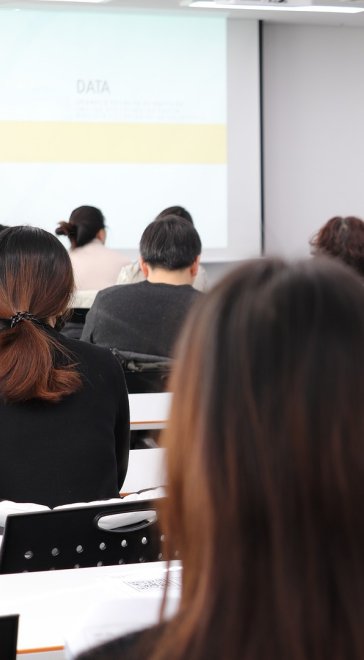Modelling for understanding – old problems and new challenges for the energy transition
Geoenergy applications beyond hydrocarbons will play an essential role in accelerating the energy transition: Carbon capture and storage (CCS) is one of the most important approaches to mitigate CO2 emissions; approximately 50% of the energy consumed in the northern hemisphere is needed for heating and cooling, and the expanded use of geothermal energy could lead to significant CO2 reduction; the development of a hydrogen economy for power, transport, and production will rely on intermittent hydrogen storage in geological formations or salt caverns.
All these low-carbon geoenergy applications need bespoke reservoir modelling approaches to estimate available pore volumes for storage, capture how fluids with vastly different properties (e.g. hydrogen vs. hot water) interact with multi-scale geological heterogeneities, and quantify possible operational risks (e.g., early breakthrough of cold water during geothermal energy extraction) while accounting for the uncertainties inherent to geological formations.
This talk will explore how mathematical techniques could be adapted to overcome limitations in existing modelling approaches for low-carbon geoenergy applications. Such new modelling approaches should help to ensure that we design meaningful reservoir models that can provide reservoir performance forecasts with reliable uncertainty bounds, which are needed for new geoenergy applications to advance our transition to a low-carbon energy future.
Contatto:
alessio.fumagalli@polimi.it
Prof. Dr. Sebastian Geiger, FREng, FRSE, FGS is the Professor of Sustainable Geoenergy and Energi Simulation Chair at the Department of Geoscience and Engineering at the Delft University of Technology. Before joining the Delft University of Technology in 2022, he spent 16 years at Heriot-Watt University where he held the Energi Simulation Chair for Fractured and Geothermal Reservoirs, was the Director of the Institute of Geoenergy Engineering, and was Director of Research for the School of Energy, Geoscience, Infrastructure, and Society.
Sebastian received a PhD degree in Computational Geology from ETH Zurich in 2004 and worked at ETH Zurich as a postdoctoral researcher. He holds an MSc degree in Hydrogeology from Oregon State University (2000) and a Vordiplom (equivalent to BSc degree) in Geology and Mineralogy from the University of Freiburg, Germany (1997). He joined Heriot-Watt University in 2006 as an Assistant Professor and was promoted to Associate Professor in 2009 and Full Professor in 2010.
In 2017 Sebastian received the Alfred Wegener Award from the European Association of Geoscientists and Engineers (EAGE). In 2020 he was appointed as a Fellow of the Royal Society of Edinburgh, Scotland’s national academy of science and letters. In 2022 he was elected as a Fellow of the Royal Academy of Engineering in the UK and in 2024 as a Fellow of the Geological Society of London. He has published over 200 reviewed conference papers and peer-reviewed journals and edited one book. He graduated over 30 PhD students, supervised over 100 MSc project theses, and trained over 10 postdoctoral researchers.
Sebastian is the Editor-in-Chief for the journal Geoenergy and works closely with professional societies such as the European Association of Geoscientists and Engineers. He is also an instructor for HOT Engineering, is a Board Member for the Scottish Energy Forum, and a scientific advisor to NAGRA (Swiss National Cooperative for the Disposal of Radioactive Waste). Together with Dr Hadi Hajibeygi, he created the Geoscience and Geoenergy YouTube Channel, which broadcasts webinars to an audience of over 3700 subscribers across the world.

